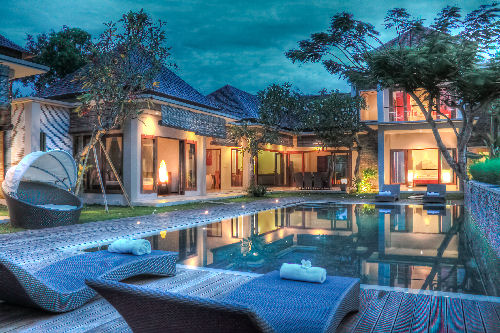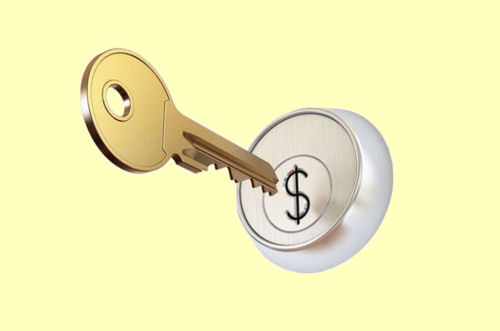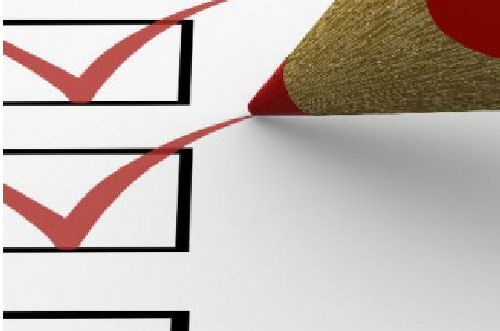At Last! An Answer to the AirBnB Conundrum in Thailand
So, is it legal or not? The press has had a field day. There are a plethora of sensationalist articles simply pronouncing 'Airbnb has been found illegal in Thailand' or 'Now that Airbnb is illegal,' Unfortunately, none of these articles bother to provide any legal or other basis for this claim. They are unreasoned.
The law on the subject is well known. Airbnb lettings are covered by the Hotel Act and by the Housing and Land Tax Act. The latter need not detain us too long. We have known, or should have known, that if you allow your property to be used by another, even for one night and you received, or should have received rent, the friendly government can charge you 12.5% per annum on the annualized rent, which, to be helpful, they will assess if you didn't actually receive anything.
The Hotel Act has always been seen as the problem. Any letting for less than 30 days makes your property a Hotel; or does it? Well, yes, it does, unless it doesn't. There is an exemption; the Act does not apply to places with less than 5 rooms (which means 4) or capable of housing less than 20 people (which means 19). And there's one more requirement - the letting must be only for 'Additional income.' As far as I can tell, this is a phrase the meaning of which might seem obvious, but has not yet been legally defined.
Nothing has changed. All these provisions have been in place since 2008. Condominiums and apartment buildings do not like having lots of strangers coming and going, wandering about the place as if they were, well, guests. The management puts up notices in bold letters telling all and sundry that Airbnb is illegal. One might say this is misleading, but only because it's wrong. Of course, the Juristic Person can amend their management rules to forbid short term lettings, but that involves co-owners turning up to vote in sufficient numbers, which is not what democratic organizations are best at. So far, few, if any, resolutions have been passed to this effect.
Why all the fuss now? A case in Hua Hin, that's why, The court there decided to change the entire picture of tourism in Thailand and here's the problem; we still don't know why they did it! Although the decision has been made known, we have no law report. Simply put, we do not know the grounds upon which that court made their decision. We are all guessing. Even the better reports make assumptions; presumably it was because of this... Or because of that. Not very exact, is it?
The consensus seems to be that the decision was based on the definition of the 'Place' which must have less than 5 rooms (here meaning 4), being the whole condominium. And a condominium has more than 5 rooms (here meaning 4) doesn't it? It's possible to adopt that reasoning, but it does seem somewhat tortuous.
Here's the point, the finale. This case does not set a precedent. No decision in Thailand ever sets a precedent, that's the law. Nobody is bound by it. This is a non-binding decision by a local court of first instance and it may well change nothing!
It will have an effect, though. It has brought the whole matter of Airbnb to the attention of the public, the government and the vociferous Thai Hotel Association, which, quite reasonably, objects to the competition. This attention may lead to change, but until it does - reports of the death of Airbnb are greatly exaggerated.
| Paul is the principal of SB Law Asia, a private law firm based in Bangkok, Thailand. He is our group lawyer and looks after our legal requirements from company formations and franchises to contracts and conveyancing and more. |




 Tenures - Ownership and Right of Use
Tenures - Ownership and Right of Use Has the Businesses for Sale Market Bottomed?
Has the Businesses for Sale Market Bottomed?

Nice Blog Paul
Reply to
Leave a Comment